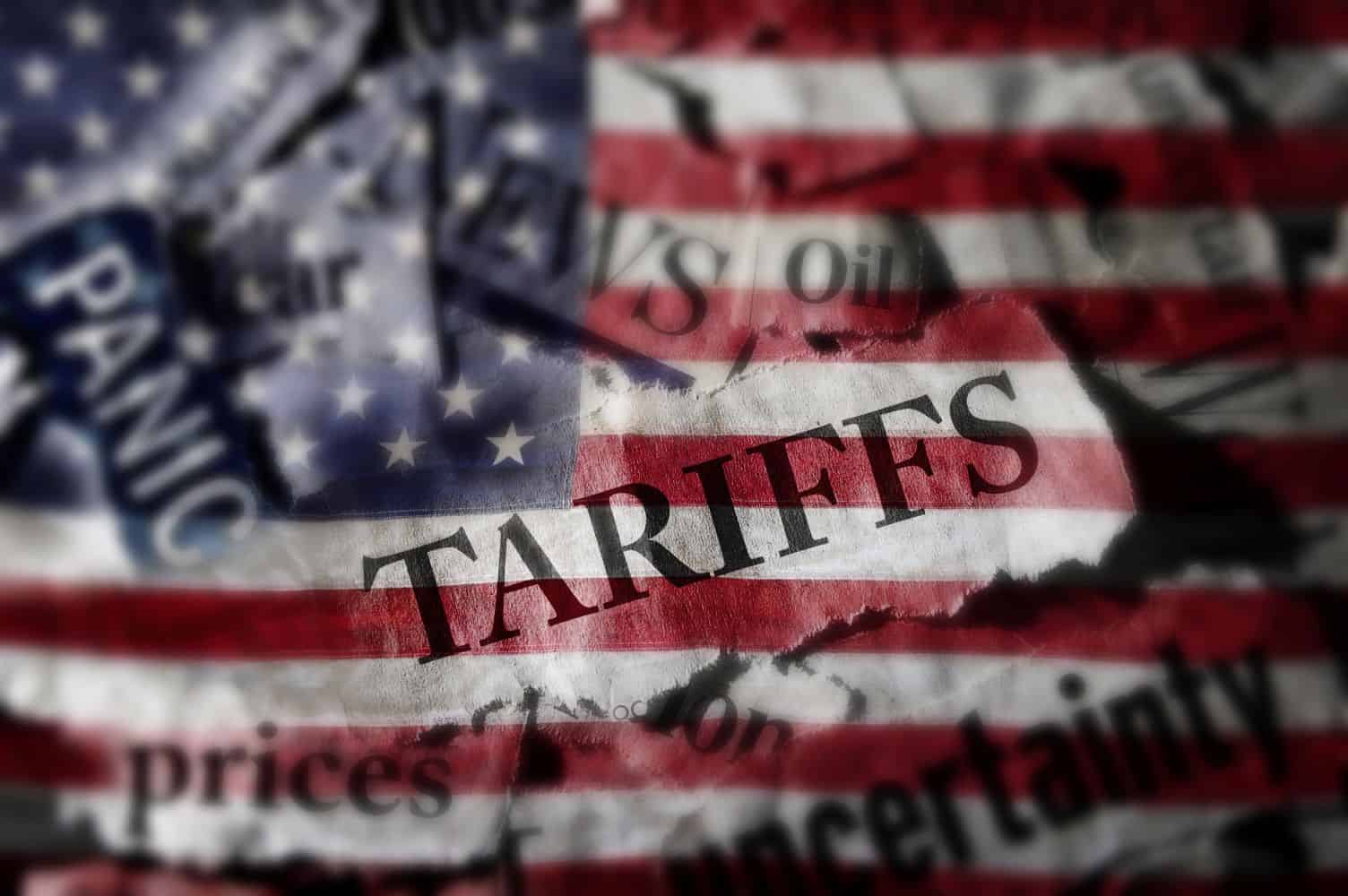South African consumers already battle to make ends meet in difficult economic conditions and the US tariffs will make it even worse.
US president Donald Trump’s import tariffs will threaten South African jobs and livelihoods, with ordinary people feeling the impact of the tariffs although they are imposed at government level.
Neil Roets, CEO of Debt Rescue, says the US’ decision to impose a 30% tariff on all South African exports from 1 August is more than just a shift in trade policy. “It is a direct threat to South African jobs, export industries and consumer financial stability.”
The tariffs will significantly increase the cost of South African goods in the American market, affecting key export sectors, including agriculture, wine, metals, vehicles and manufactured goods, as US buyers are likely to reduce orders or turn to alternative suppliers. The result will be fewer exports, slower production and inevitable job losses in South Africa, he says.
“Tariffs may be imposed at government level, but the real impact will be felt by ordinary people. When exports drop, local businesses are forced to scale back. That means job losses, reduced income and financial instability for thousands of South Africans who are already buckling under a financial burden that has driven millions of households to the edge of despair.
“Against the grim backdrop of recent unsustainable price increases in essentials such as food, soaring electricity prices and municipal rate hikes, the impact of this tariff hike will push millions of households towards financial disaster.”
ALSO READ: Trump’s new 30% tariff less about trade and more about power
US tariffs will affect thousands of jobs
Roets pointed out that the South African export economy is deeply connected to employment across a wide range of industries, including agriculture, manufacturing, mining and logistics. From production to packaging and distribution, these sectors depend on stable global demand to support thousands of jobs, he says.
“Tariffs of this magnitude will disrupt supply chains and shrink order volumes, placing immense pressure on these already fragile industries.
“Fewer exports translate directly into fewer shifts, fewer contracts and ultimately fewer jobs. It is a chain reaction and it puts enormous pressure on a labour market that is clearly already under stress, with unemployment figures now at an unprecedented 32.9%.”
Roets points out that many support industries will also suffer. Suppliers, logistics providers and service-based businesses that depend on export activity could experience significant downturns, with further consequences for employment and economic output.
“Although the tariffs target trade between the two countries, South African consumers will be among the hardest hit. As businesses cut back and income streams dry up, families will face increased financial insecurity, at a time when households simply do not have the capacity to absorb yet another shock.
“This tariff will not just hurt exporters, it will affect people’s ability to pay their rent or bond, buy groceries and keep up with their loans.”
ALSO READ: US tariff pause ends on 9 July: Tau says what happens now
Wide consequences of 30% US tariffs
Roets points out that right now, consumers have little financial cushion to fall back on. “As disposable income drops and debt levels rise, household financial distress is set to worsen.”
He says the impact of the 30% tariff imposed on the country will have widespread consequences. “While South Africa’s inflation rate remains relatively contained, the risk of rand depreciation due to the anticipated drop in exports and investor concern could force the South African Reserve Bank to pause or delay any plans to cut interest rates. Conversely, a weaker rand would increase the cost of imports like fuel, food and medicine, driving imported inflation.
“Even if the Reserve Bank wants to support struggling consumers, rand weakness could limit their options. This means no short-term relief for people already stretched to their financial limits.”
The tariffs will also be a blow to economic recovery and confidence as it comes at a time when the South African economy is already navigating slow growth, high interest rates and structural challenges, he says.
“The manufacturing and agricultural sectors were expected to support growth and job creation in 2025, but the US tariffs could put that recovery on hold. Investor confidence may also weaken, and business expansion plans could be delayed or cancelled.
“The reality is that we do not have the luxury of absorbing a blow like this. Every job matters. Every export deal counts. And any additional pressure on households sets us back.”
ALSO READ: Why South Africa must act fast after Trump’s tariff blow
South Africa is talking with US about tariffs
South Africa is actively engaging the US in ongoing negotiations and has shown willingness to adjust its trade framework to preserve critical economic relationships. However, the timelines involved in these diplomatic processes offer little comfort to businesses and consumers facing immediate uncertainty, Roets warns.
“The only light at the end of this tunnel is the possibility of South Africa’s president Cyril Ramaphosa successfully negotiating a new trade deal with Trump before 1 August 2025.”
In addition, the tariffs pose an unacceptable risk in the midst of a jobs crisis, he says. “South Africa’s official unemployment rate remains at a staggering 32.9%, with millions of people already excluded from formal economic participation.
“In this context, any disruption to export industries, which form a backbone of industrial employment, is a risk the country cannot afford. Consumers are already doing everything they can to survive, cutting back, borrowing more and working extra hours. They have nowhere left to turn.
“A tariff on trade is, in effect, a tax on jobs. And South Africa simply cannot afford any further job losses right now.”
Roets urges government, trade partners and the private sector to do everything possible to prioritise economic stability, job preservation and consumer protection as the country navigates this serious development.
“The livelihoods of millions depend on it. Sadly, many more millions of households will turn to loans and credit facilities simply to get by.”
